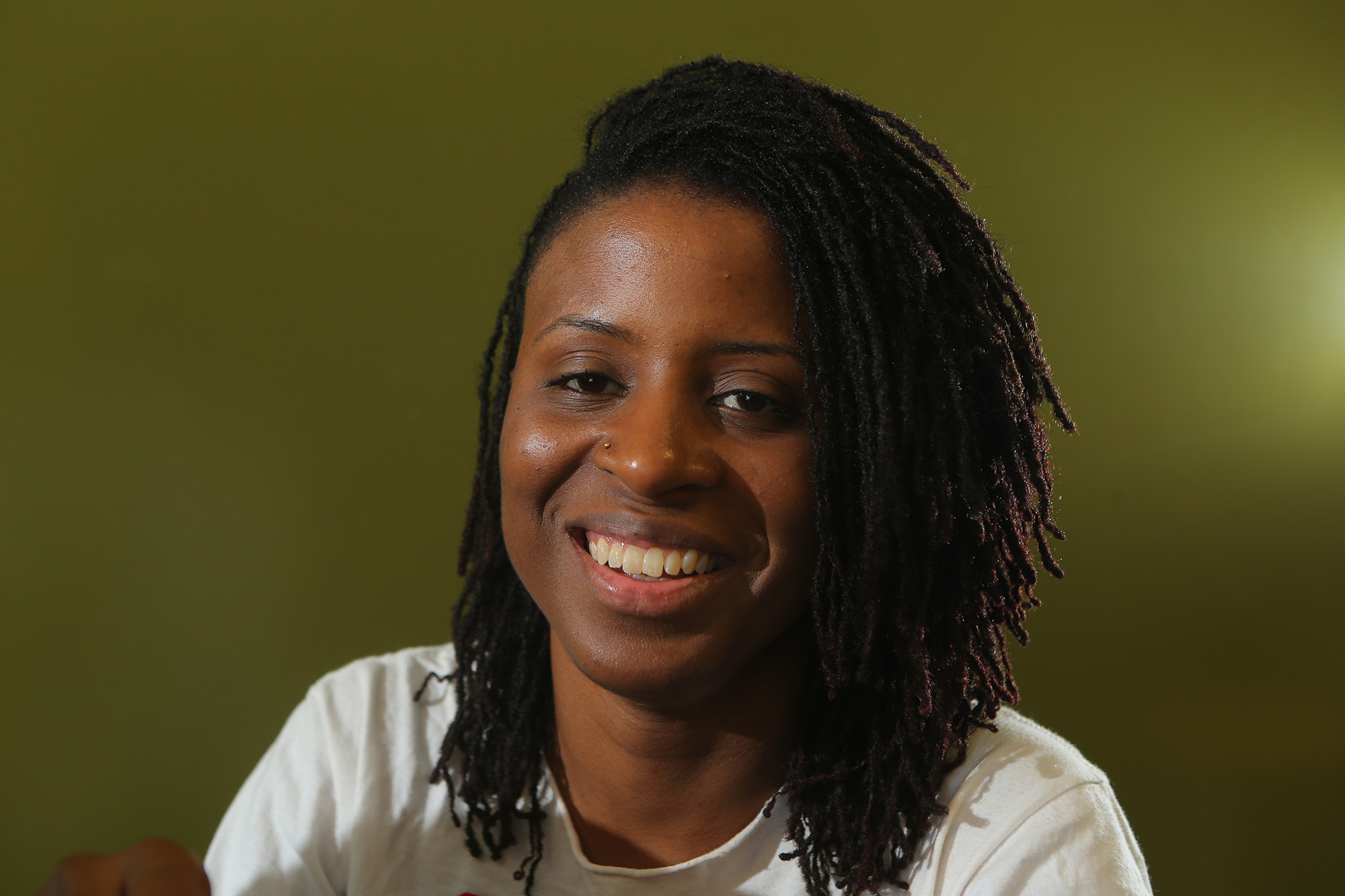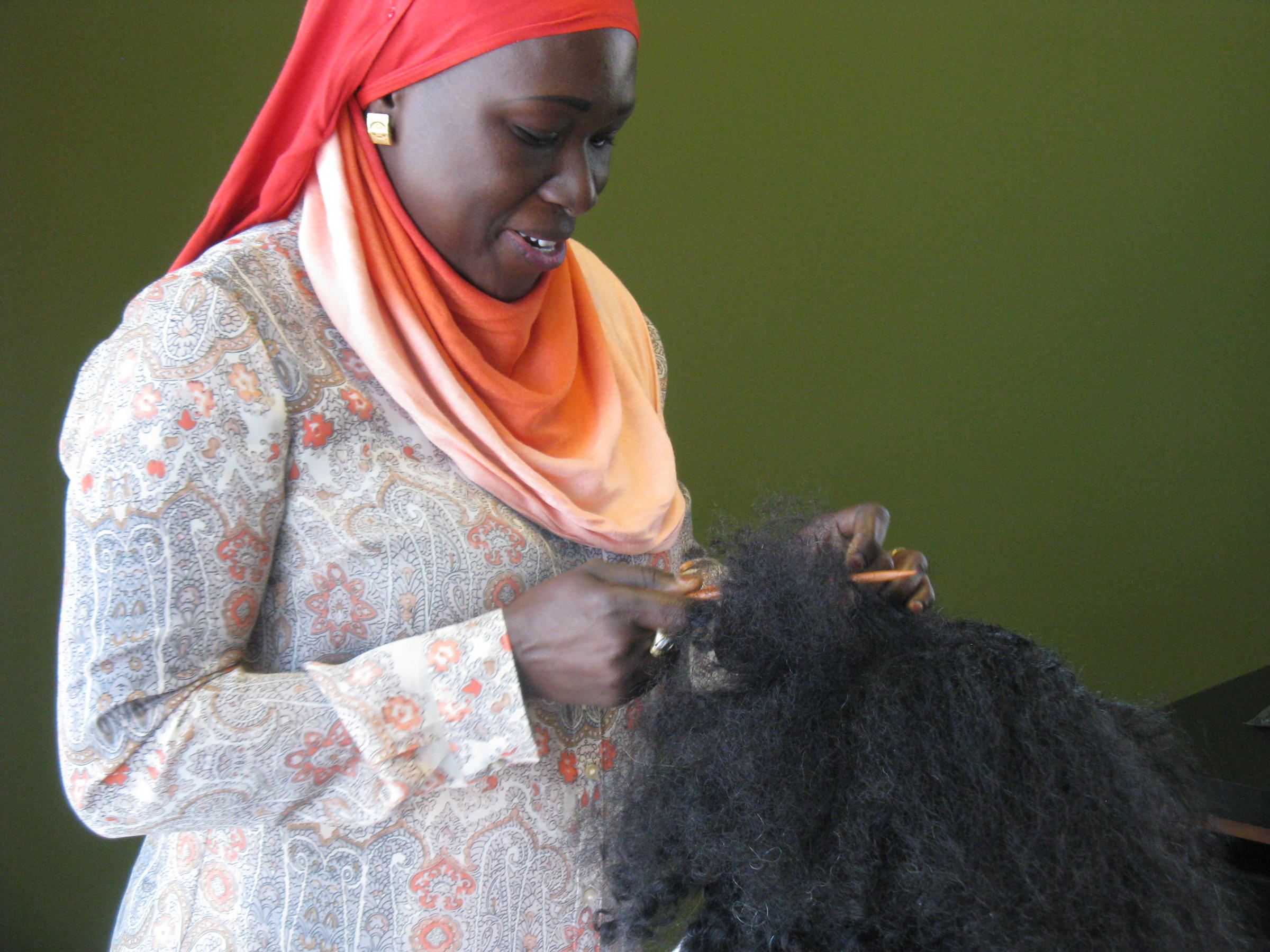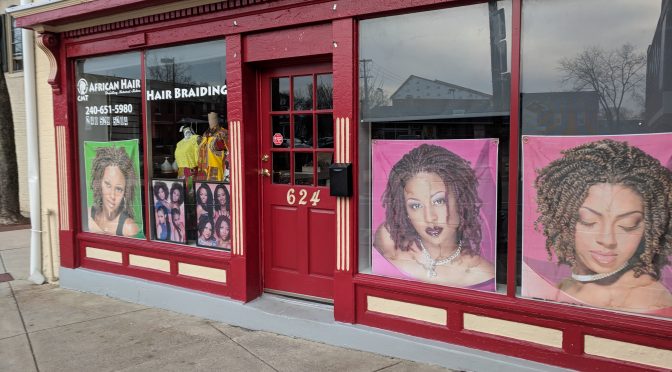The U.S. Supreme Court on Tuesday vacated an appeals court ruling that supported a lengthy licensing process for hair-braiders in Missouri and ordered a judge in St. Louis to dismiss the case. The Supreme Court voided the 8th Circuit Court of Appeals opinion that upheld the previous cosmetology license requirements, because a new law, which is discussed in the background section, had already addressed it.
The Supreme Court didn't write a separate opinion, it simply reversed the 8th Circuit opinion. Therefore, the question of whether Missouri and other states within the 8th Circuit can require a cosmetology licensing for African hair braiders remains unanswered. However, the lawsuit which called the law into question in the first place is most likely the only reason the law was changed.
This case demonstrates why it is so important to understand and be able to use the law for your benefit. As we have said before, just because a law exists, doesn't mean it legitimate. You have a right and an obligation to question unfair and questionable laws!
Cases such as this is one of the reason Court.rchp.com exist; so people, especially those who have traditionally been oppressed can be empowered. Discover the hidden secrets of our legal and justice system with the information contained within Court.rchp.com.
Case Background
African hair braiders sue over Missouri law
Ndioba Niang and Tameka Stigers are professional African-style hair braiders in Missouri, but are not licensed as cosmetologists or barbers. The Missouri Board of Cosmetology and Barber Examiners required hair braiders to be licensed as cosmetologists or barbers even though African-style hair braiding is not included in the cosmetology or barbering school curriculum, and the licensing tests barely test on subjects related to the practice.
In order to obtain a Missouri cosmetology license, one must pass a background check, undergo substantial training, and pass an exam. Before sitting for the exam, an individual must have: (1) graduated from a licensed cosmetology school with at least 1,500 hours of training; or (2) completed an apprenticeship of at least 3,000 hours; or (3) completed similar training in another state. Alternatively, obtaining a barbering license requires at least 1,000 hours of training at a licensed barber school or completion of an apprenticeship of at least 2,000 hours. Completing the necessary requirements for a license would have forced Ms. Niang and Ms. Stigers to incur significant costs for irrelevant training.
Four years ago, Ms. Niang and Ms. Stigers filed the federal lawsuit; they sued to vindicate their constitutional right to earn a living free of unreasonable government interference, and after losing in lower courts asked the Supreme Court to take their case. The original lawsuit, filed in 2014, complained that African-style hair-braiders were required to obtain a cosmetology license, which can cost thousands of dollars but doesn’t include any hair-braiding training.
When the lower courts considered the braiders’ challenge, they essentially ignored the evidence provided by the braiders that showed the licensing requirements were overly burdensome and did not sufficiently relate to the government’s asserted interests in public health and safety. In so doing, the lower courts applied a version of the rational basis test that is no more than a rubber-stamp of approval of government regulation. But that is not the proper application of the rational basis test.
The lawsuit was filed on behalf of Tameka Stigers, of Locs of Glory in St. Louis, and Ndioba “Joba” Niang, who runs Joba Hair Braiding in Florissant. Both have performed the hourslong braiding process for years without licenses and say they fear prosecution.

Joba Hair Braiding owner Ndioba Niang, a native of Senegal who later lived in France, said she completed 1,000 of the required 3,000 hours of cosmetology training at a cost of thousands of dollars before dropping out.

In 2016, U.S. Magistrate Judge John Bodenhausen upheld the requirements, and the 8th U.S. Court of Appeals agreed in January. A petition for writ of certiorari was filed on April 11, 2018 with the U.S. Supreme Court. However, the Missouri Legislature passed House Bill 1500 which eased the rules on hair- braiding, although those new rules have yet to take effect.
The Institute for Justice, which has filed suits across the country against regulation of various occupations, said the appeals court decision in the Missouri case was in conflict with other federal courts and the Supreme Court. Both the group and the Missouri attorney general asked the court to dismiss the case because of the change in the law, they said.
In May, the Missouri legislature passed a law easing requirements on hair-braiding that made the four-year lawsuit moot. Braiders are now exempted from the cosmetology license and a new specialty braiding license only requires that braiders pay a fee of $20, watch a four- to six-hour instructional video and submit to board inspections. Attendance at a licensed cosmetology school in Missouri can cost more than $16,000.
Fourteenth Amendment Jurisprudence
The Fourteenth Amendment states that “No State shall make or enforce any law which shall abridge the privileges or immunities of citizens of the United States; nor shall any State deprive any person of life, liberty, or property, without due process of law.” Passed during Reconstruction, these provisions held the promise that freedman would finally be granted the same rights and protections as their white brethren. Yet less than five years after this amendment was enacted, the Supreme Court eviscerated the Privileges or Immunities Clause in what became known as the Slaughter-House Cases (1873).
There the Court held that the clause—which was supposed to protect substantive rights against state infringement—only guaranteed a limited set of federal rights, such as the right to access seaports, to use navigable waters, and to demand protection on the high seas (not exactly the key motivations for the Civil War). The ruling not only delayed the protection of African Americans’ civil rights, it left the Court’s Fourteenth Amendment jurisprudence hopelessly confused and contradictory.
Slaughter-House eventually led to the development of modern “substantive” due process doctrine as a makeshift bandage over the hole in the Fourteenth Amendment left by the unprotected privileges and immunities. While allowing the Court to protect some rights, the “incorporation” of certain rights through the Due Process Clause relegated other, often “economic” rights to second-class status. Instead of judges’ taking a hard look at the actual reasons a law was passed and asking whether the government has overstepped its constitutional bounds, infringements of the right to earn a living or the freedom of contract barely receive a passing glance. They are upheld unless nobody—not even the judge hearing the case!—could possibly imagine a legitimate rationale for the law. Suffice it to say, hardly any laws are struck down under this so-called rational-basis test.
What It Has to Do with Hair-Braiding
Enter Ndioba Niang and Tameka Stigers, both of whom are traditional African-style hair braiders attempting to support themselves by offering their services to willing customers. The Missouri Board of Cosmetology and Barber Examiners, however, demands that they first pay thousands of dollars to receive completely irrelevant training that has virtually nothing to do with hair-braiding. Applying the usual government-can-do-whatever-it-wants-regarding-economic-regulations level of judicial scrutiny, both the federal district court and the U.S. Court of Appeals for the Eighth Circuit upheld the licensing scheme.
You Shouldn’t Need a License to Braid Hair
This approach is wrong: ethically, historically, and legally. There is a long and well-documented history recognizing the right to earn an honest living as being at the center of the Anglo-American legal tradition and indispensable to the maintenance of a free and open society. Industry insiders often lobby for licensing laws and regulations—and then populate the boards or agencies tasked with enforcing the new rules as a means of limiting their competition. By contrast, those harmed are often politically powerless groups with limited means to fight back. But as long as the government says the magic words of “safety,” “health,” or “consumer protection” in asserting its restrictions, courts are content to turn a blind eye.
Because the right to earn a living is one of the basic rights that our Constitution was formed to protect, Cato has filed an amicus brief supporting the hair-braiders’ petition to the Supreme Court. We ask that the Court take Niang v. Tomblinson and establish that courts must meaningfully examine government incursions against this essential liberty, regardless where in the Fourteenth Amendment it finds the relevant right.
The background section was reprinted with permission under license from Cato at Liberty, with additional edits from other sources.

